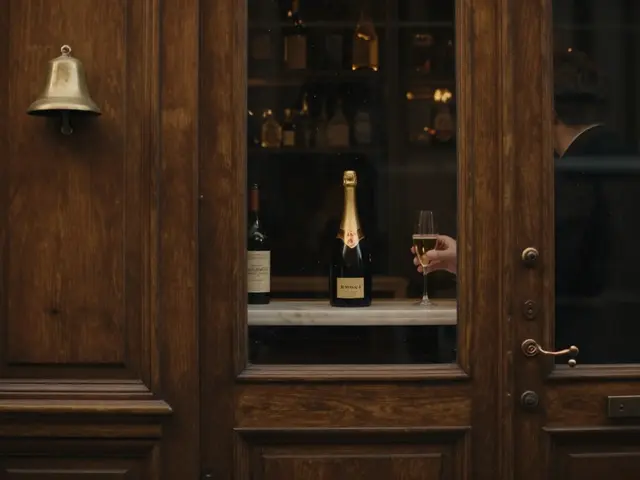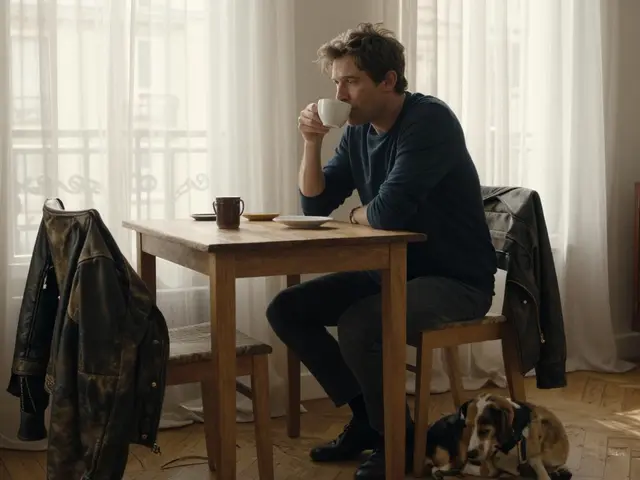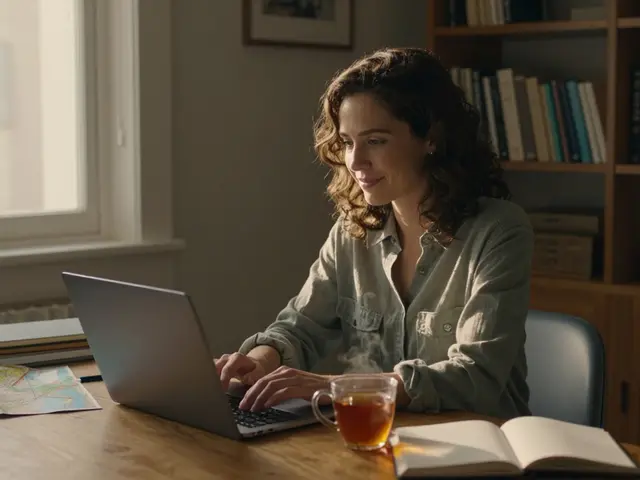Film Production in France: What You Need to Know
Thinking about shooting a movie in France? You’re not alone. The country mixes stunning scenery, world‑class crew, and generous tax incentives. Below you’ll find the basics you need to move from idea to finished film without getting lost in red tape.
Legal basics and permits
The first step is sorting out paperwork. You’ll need a production permit from the local mairie (city hall) for any public location. The process varies by city, but most places ask for a short synopsis, crew list, and insurance proof. If you’re filming on private property, a signed location agreement is enough.
Don’t forget the French audiovisual tax credit, called the Crédit d'Impôt Cinéma. It can cover up to 30% of qualified expenses, but you must submit a detailed budget, a filming schedule, and proof of French‑based spending. Many producers hire a local accountant to keep the paperwork spotless.
Finding the right locations and crew
France offers everything from Alpine peaks to sun‑kissed Riviera beaches. The regional film commissions are great allies – they keep lists of approved locations, local gear rentals, and vetted crew members. For example, the Île‑de‑France commission can connect you with Parisian sound stages, while the Provence‑Alpes‑Côte d’Azur office helps you lock down a vineyard shoot.
When hiring crew, look for talent on platforms like Le Film Français or the Société des Réalisateurs. French cinematographers, gaffers, and sound engineers are known for professionalism and often speak English, which smooths communication on international sets.
Equipment rental is straightforward. Major cities have shops that rent lights, cameras, and grip gear by the day or week. If you need high‑end cinema cameras, ask for a package that includes lenses, batteries, and a technician – it can save you time and avoid compatibility headaches.
Budget‑wise, factor in the mandatory social security contributions (known as cotisations sociales) for any local hires. These can add 25‑30% to payroll costs, but they’re part of the tax credit calculation, so keep receipts.
Post‑production is another strength of France. Studios in Paris and Lyon offer editing suites, VFX houses, and sound‑mix facilities that meet international standards. Many also provide English‑speaking staff, which helps when you’re coordinating with overseas partners.
Before you wrap, do a final location check. Make sure you’ve cleared all set pieces, returned rented gear, and secured any needed release forms. A clean close‑out will keep your tax‑credit claim from getting delayed.
Bottom line: filming in France can be smooth if you respect the paperwork, tap local expertise, and plan for the tax credit. Use the regional commissions, keep detailed budgets, and lean on experienced crew members. With those steps in place, you’ll be ready to capture the French backdrop that makes movies unforgettable.

Greg Centauro: Breaking Ground in Paris
Greg Centauro took Paris by storm with his bold approach in the adult film world. He reshaped the scene not by playing it safe, but by challenging what was normal at the time. This article lays out how he built his reputation, the obstacles he faced, and how others can learn from his gutsy moves. You’ll find out why his name still gets attention years later and get solid tips for making a mark in any field. It's all about guts, hustle, and thinking outside the box.
read more



